On May 29, 2021, the China-EU School of Law (CESL) at the China University of Political Science and Law organized an international academic conference on the topic of comparative research on systems of administrative litigation. The seminar is one of a series of seminars within the framework of the National Social Science Foundation's major project, "Construction Research on the System of Administrative Litigation Types" (19ZDA163), with the lead expert being Professor Liu Fei, Co-Dean of the China-EU School of Law.
The experts who participated in this international seminar were included Professor Krisztina Rozsnyai and Professor István Hoffman of Eötvös Loránd University (ELTE), Hungary; Professor Fang Shirong of Zhongnan University of Economics and Law; Professor Bengt Lundell of Lund University, Sweden, and European Co-Dean of CESL; Judge Cheng Amber, Vice President of the Fourth Intermediate People's Court of Beijing; Professor Zhang Zhiyuan of East China University of Political Science and Law; as well as Professor Yang Weidong of China University of Political Science and Law. Dozens of other experts, scholars and PhD students from China and Europe attended the conference. The meeting was chaired by Professor Liu Fei, Co-Dean of CESL. In the final stage of the meeting, Professor Fang Shirong, Vice President of the Chinese Society of Administrative Law, made an academic summary of the contents of the meeting.
To connect international participants from around the world during the ongoing pandemic, this conference was held online. Participants were invited to attend the meeting at home and abroad, experts and scholars, as well as interested students, everyone gathered together through online video conferencing. At 8:30 am CST, the meeting began on time.
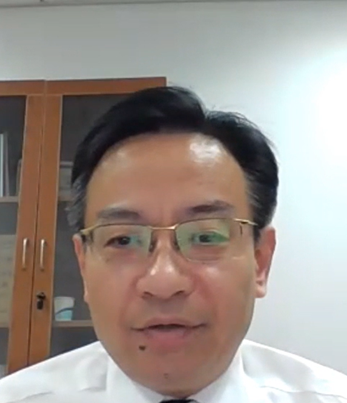
The first speaker was Professor Liu Fei, Co-Dean CESL. He delivered a presentation entitled "Questions on the Types of Administrative Litigation Systems". Professor Liu Fei put forward six theoretical questions about the types of administrative litigation systems, and hoped that Chinese and foreign scholars would be able to answer them in the course of the meeting and in the subsequent research. These six questions were as follows: 1. What is the exact meaning of the type of administrative litigation? 2. What is the function of the administrative litigation system? 3. How to determine the choice of specific litigation type in administrative litigation? 4. What criteria should be used to classify the types of administrative proceedings? 5. How is the specific scope of application of the various types of litigation determined? and 6. What is the relationship between the different types of litigation?
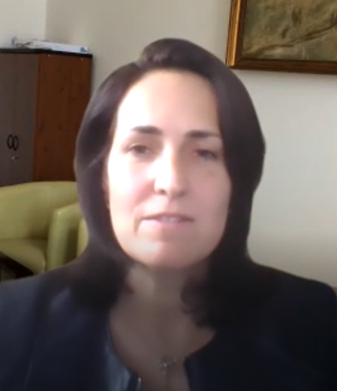
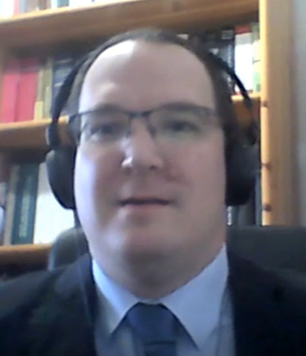
Subsequently, Professor Krisztina Rozsnyai and Professor István Hoffman of ELTE, Hungary, began their keynote address, entitled "Reform of the Hungarian Administrative Procedure Law: Change or Revolution?" The two professors introduced the history of the development of the Hungarian administrative litigation system, pointing out that it is a process from reform to revolution. Hungary's new administrative procedure law was enacted in 2017 and entered into force in 2018. In addition to the two professors' explanations of the current situation of the Hungarian administrative litigation system, the reform ideas and the effects of its implementation, Professor Krisztina Rozsnyai also specifically analyzed the impact of the German administrative litigation type system on the relevant system in Hungary.
Next, Professor Bengt Lundell of Lund University in Sweden, and European Co-Dean of CESL, spoke on the topic "Administrative Litigation in Sweden - Administrative Litigation Act 2017". Professor Bengt Lundell reviewed the evolution of the Swedish administrative litigation system, focusing on the Administrative Procedure Act of 2017 and the positioning of the administrative litigation system in the Swedish court system. Sweden, having joined the legal system of the European Union and in the context of a certain conflict between its own law and the European Convention on Human Rights, is committed to adapting to the needs of EU human rights law in the context of maintaining its own identity, which he believes is of great importance.
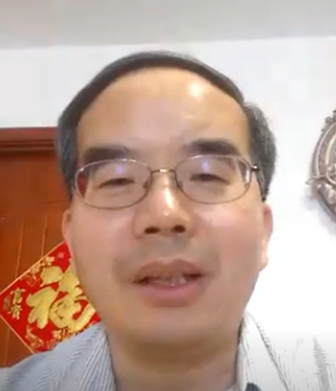
After that, Judge Cheng Amber, Vice President of the Fourth Intermediate People's Court of Beijing, made a speech entitled "Reflections and Suggestions on the Types of Administrative Litigation in China". Judge Cheng pointed out the limitations of the types of administrative litigation, including: narrow scope of protection, restriction of parties' litigation claims and so on. He stressed that China's administrative litigation system is based on the legality of the review of administrative acts built up, and the type of administrative litigation is more related to litigation claims. The legality review not only focuses on the plaintiff's claim, but also examines the legality of the administrative act in light of the plaintiff's suit. It is of great significance to study the type of administrative litigation, but if we want to introduce the administrative litigation type system in the current system, we need to further combine with China's national conditions.
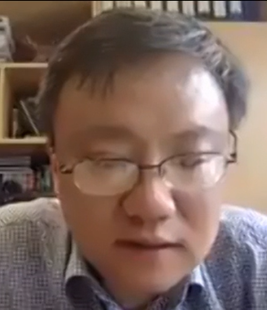
The fifth speaker was Professor Zhang Zhiyuan of East China University of Political Science and Law. His speech was entitled "The Latest Exploration of the Type of Litigation in China's Administrative Trial Practice". Professor Zhang Zhiyuan believes that the process of typed administrative litigation in China is divided into two stages, the first stage is before 2014, mainly focusing on theoretical discussion, and the second stage is after the revision of administrative litigation law in 2014. In the second stage, the construction of the administrative litigation type system forms several concrete development steps, as follows: First, the administrative litigation law, as amended in 2014, provides for the type of judgment, which indirectly responds to the type of administrative litigation. The second step, Article 2 of the Judicial Interpretation of the Administrative Procedure Law, which came into effect on 1 May 2015, clearly lists the "specific claims" provided for in Article 49, paragraph 3, of the Administrative Procedure Law, and makes the original indirect response explicit. Third, Article 68 of the Judicial Interpretation of the Administrative Procedure Law, which came into effect in 2018, further stipulates: "If a party fails to express a claim correctly, the people's court shall require it to clarify the claim." It can be seen that the type of administrative litigation is following a spiral path forward. In this process, the judgment of the Supreme People's Court has promoted the development of the type of administrative litigation in different aspects. First, to declare the legal significance of the type of litigation, as well as to explore the possibility of nameless litigation.
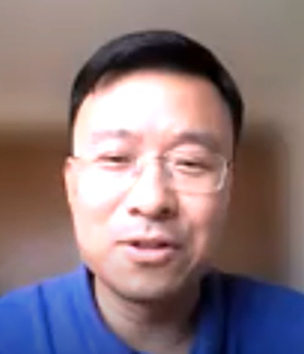
The sixth speaker was Professor Yang Weidong of China University of Political Science and Law. He spoke about "The Characteristics and Future Development of the Type of Administrative Litigation in China". Professor Yang Weidong first mentioned several criteria for dividing the types of administrative litigation, including according to the administrative field, based on the parties' litigation claims, etc. Secondly, he analyzed the significance of the defining types, the first is to achieve adequate and precise protection for the parties, and the second is to improve the efficiency of trial. At the same time, he pointed out that there are different views in the field of practice and academia, and the challenge to the type of administrative litigation deserves further discussion.

Finally, Professor Fang Shirong of Zhongnan University of Economics and Law, Vice President of the Chinese Society of Administrative Law, made an academic summary of the meeting. Professor Fang Shirong believes that the meeting as a whole has been very successful. Professor Fang Shirong first commented on the statements made by previous experts one by one. Afterwards, Professor Fang Shirong also put forward some of his own views. First of all, he thinks that the standard type of administrative litigation is the focus of disputes in academic circles, and it is difficult to make a diametrically delineated division of different types of litigation in judicial practice. Of course, the problems that can arise from defining types should not be overlooked.
Several experts and scholars, as well as students of administrative law, raised questions and received answers which created an interactive atmosphere for the meeting which concluded successfully.
